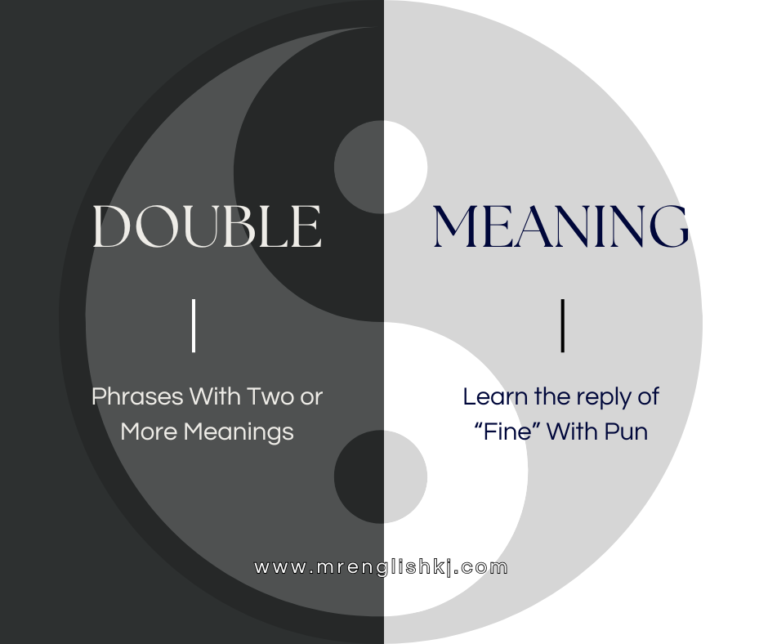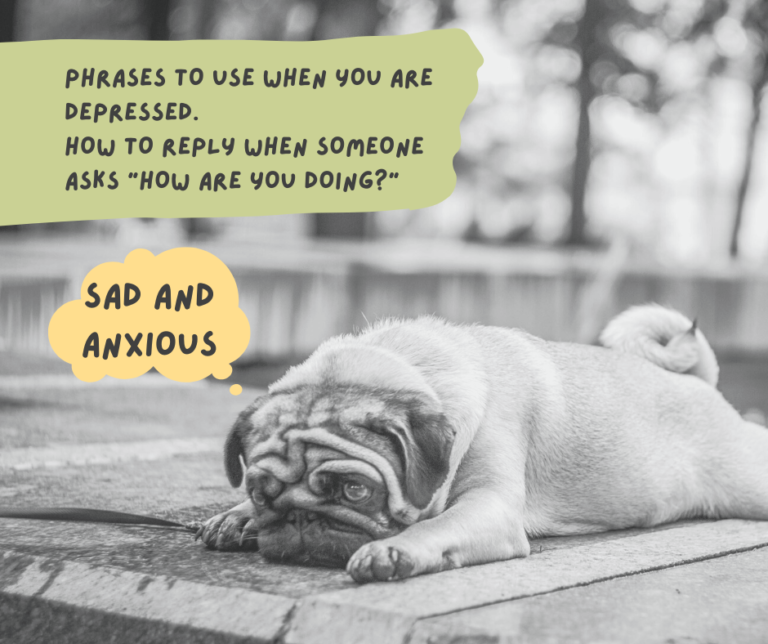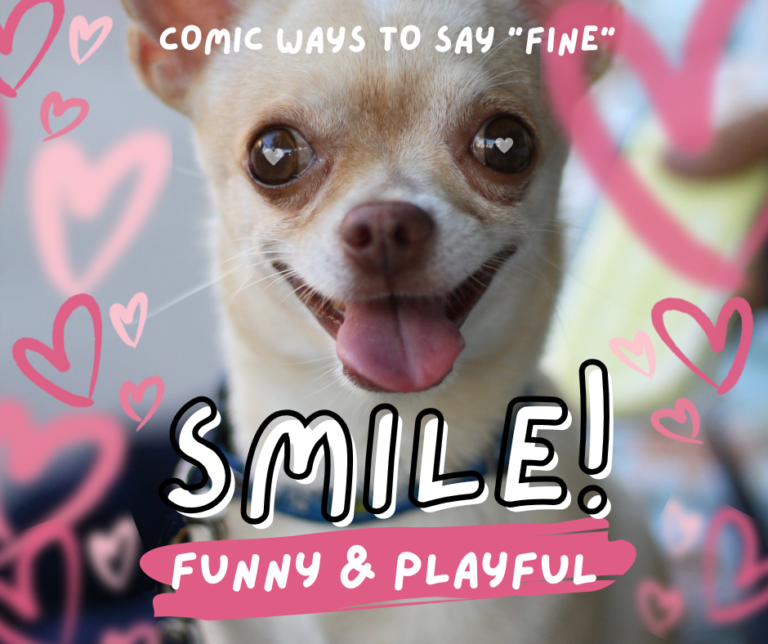Types of Noun
Noun = A noun is a name of person, place, animal, thing, feeling, emotion, and idea, etc. A noun is just a name of everything.
For e.g. = Cat, car, bag, bus, cake, cupboard, water, soap, dolphin, English, math, science, book, farm, land, sky, cloud, couple, gold, happiness, pride, army, and nation, etc.
Types of Noun
- Nouns are majorly divided into five parts, but there are totally fourteen types of nouns in English.
Types of Noun –
1. Common Noun
- Material Noun
- Abstract Noun
- Collective Noun
2. Proper Noun
3. Compound Noun
4. Possessive Noun
5. Countable and Uncountable Noun
1. Common Noun – A common noun is a name of person, place, thing, animal, idea, emotion, and feeling, etc. but all the names are common. There is no specialty in “Common Noun.” A common noun is a noun of generic names. All the names are general. We also call it “Generic Noun.”
For e.g. = Country, dogs, cars, thumb, finger, road, water, metal, foot, tapes, mixer, grinder, pens, oven, bread, rock, love, music, songs, and beauty, etc.
e.g. –
- A lion is in the cage. (Common Noun = Lion and Cage.)
- A boy breaks my heart. (Common Noun = Boy and Heart.)
- His company produces white paint. (Common Noun = Company and Paint.)
1. 1. Material Noun – It is also called “Concrete Noun.” It is the name of real and tangible things. Tangible things are touchable, we can touch and see “Material Nouns.”
For e.g. = Cars, pencil, pigs, lion, cat, mouse, person, stone, gold, silver, zoo, owls, sea, ocean, river, cheese, cake, cups, coffee, bottle, wine, and tea, etc.
e.g. –
- There is a parking lot for your car. (Material Noun = Parking lot and Car.)
- My dog likes pizza. (Material Noun = Dog and Pizza.)
- Raj goes to buy salt, pepper, and bread. (Material Noun = Raj, Salt, Pepper, and Bread.)
1.2. Abstract Noun – An abstract noun is a name of ideas, concepts, feelings, relationships, theories, qualities, emotions, and other intangible things. Intangible things are untouchable, you can feel them but cannot touch and see them.
For e.g. = Love, happiness, boredom, peace, importance, miracle, beauty, care, pleasure, time, year, month, morning, night, envy, and faith, etc.
e.g. –
- It is a beauty. (Abstract Noun = Beauty.)
- She has seen a miracle. (Abstract Noun = Miracle.)
- Take good care of her. (Abstract Noun = Care.)
1. 3. Collective Noun – A collective noun is a collection of a group of people, animals, places, and things, etc. When there is more than one noun joins together in a group, we call it a collective noun. A collective noun is the name of a group.
For e.g. = Herd, pack, shoal, group, gang, pile, heap, series, set, panel, choir, mob, staff, swarm, colony, bunch, troupe, board, crew, and shower, etc.
e.g.-
- A flock of birds is flying in the sky. (Collective Noun = Flock.) (Noun = Birds and Sky.)
- A pile of garbage is on the road. (Collective Noun = Pile) (Noun = Garbage, and Road.)
- The board of directors’ meeting is postponed. (Collective Noun = Board) (Noun = Directors and Meeting.)
2. Proper Noun – A proper noun is a name of a special person, place, animal, and thing, etc. A proper noun identifies easily because it is a special noun. When we know someone or something, which is famous or not famous, it is a “Proper Noun.”
Note – We always write “Proper Noun” in capital letter because it is special. Mostly, proper noun does not have a plural form. It is mostly singular. We do not use “A/An Articles” with proper noun but we use “The.”
For e.g. = India, America, Japan, London, Barack Obama, Iron Man, Tom Cruise, Will Smith, Shahrukh Khan, Tata, Ford, Ferrari, Titanic, Taj Mahal, Statue of Liberty, Golden Bridge, Honshu Island, Manila, Philippine, and Burj Khalifa, etc.
e.g. –
- Manish met Amitabh Bachchan. (Proper Noun = Manish and Amitabh Bachchan.)
- Kajal is visiting Dubai. (Proper Noun = Kajal and Dubai.)
- Sam will go to the Philippines to enjoy. (Proper Noun = Sam and Philippines.)
3. Compound Noun – A compound noun is made of two or more words into one word. A compound noun is a single word or multiple words, and we write these words together, separately or connected by hyphens.
Hyphen = [ – ]
Note = A compound is combination of nouns. There is a connection between these nouns, that is why, we combine these nouns to make a new one word. It combines into one word, so it is singular noun.
For e.g. = Credit card, toothbrush, toothpaste, alarm clock, son-in-law, daughter-in-law, taxi driver, dining table, swimming pool, sunglasses, softball, lower class, hairdryer, potato chips, and ice cream, etc.
e.g. –
- He is in his sailboat. (Compound Noun = Sailboat.)
- Would you please open the kitchen windows? (Compound Noun = Kitchen Windows.) (This is a plural compound noun because we add “S” here with “Kitchen Window”. Kitchen Window + s = Plural Compound Noun.)
- The swimming pool is too big. (Compound Noun = Swimming Pool.)
4. Possessive Noun – This noun shows relation, possession, and ownership with another noun. It connects two or more nouns together. There is no connection among these nouns but possessive noun builds a connection by using “Apostrophe + s.”
Apostrophe – [ ‘ ]
Note = When the possessive noun ends in “-s,” we can add “Apostrophe” at the end of “s,” or we can add Apostrophe + s.”
For e.g. = Country’s flag, children’s game, Raj’s book, girls’ car, boy’s mobile, father’s brother, James’ house, Sam’s plane, doctors’ surgery, and KJ’s website, etc.
e.g. –
- Keats’s office is on the right. (Possessive Noun = Keats’s office.) (The noun ends in “-s,” so we can also use “Keats’.”)
- Countries’ flags are their respect. (Possessive Noun = Countries’ flags)
- My brother’s friend is talking to his sisters’ friend. (Possessive Noun = Brother’s friend and Sisters’ friend.)
5. Countable and Uncountable Noun – A countable noun, you can count these nouns in numbers. A countable noun is a singular or plural noun. An uncountable noun, you cannot count these nouns in numbers. An uncountable noun is impossible to count in numbers. An uncountable noun is treated as a singular noun. We also call an uncountable noun a “Mass Noun.”
For e.g. =
- Countable Noun – Bag, apples, bikes, gifts, eyes, ear, leg, fingers, button, tiger, cows, toothbrush, bulbs, onion, bucket, mug, jug, mobile, laptops, rings, fan, bed, sheets, and chair, etc.
- Uncountable Noun – Water, oil, salt, furniture, gold, silver, wood, milk, coffee, smoke, sugar, weather, cheese, chocolate, meat, money, rain, hair, cotton, ice, anger, love, honesty, and work, etc.
e.g. –
- The gold is shiny. (Uncountable Noun = Gold.)
- Mobiles are on the showcase. (Countable Noun = Mobiles and Showcase.)
- Tables are made of wood. (Countable Noun = Tables.) (Uncountable Noun = Wood.)
There are more Types of Nouns. Let’s take a look!
6. Singular and Plural Noun – This is one of the types of nouns.
- Singular Noun – Singular noun means one or single noun.
- e.g. – Pet, tree, pen, notebook, mobile, computer, chair, bottle, boy, girl, room, doctor, teacher, bird, game, plant, box, spoon, bracelet, tire, road, garden, swing, motor, hotel, shop, sheet, job, coin, note, house, orange, banana, candy, sister-in-law, toothbrush, hair-band, a flock of birds, a group of people, and flower, etc.
- Plural Noun – Plural noun means more than one nouns. We mostly use “s/es” to make a noun plural.
- e.g. – Pets, trees, pens, notebooks, mobiles, computers, chairs, bottles, boys, girls, rooms, doctors, teachers, birds, games, plants, boxes, spoons, bracelets, tires, roads, swings, motors, hotels, shops, sheets, jobs, coins, notes, houses, oranges, bananas, candies, sisters-in-law, toothbrushes, hair-bands, flocks of birds, groups of people, and flowers, etc.
e.g. –
- Gangs of thugs are looting everywhere. (Plural Collective Noun = Gangs of thugs.)
- The shop is closed. (Singular Common Noun = Shop.)
- Taxi drivers are on strike. (Plural Compound Noun = Taxi drivers.)
7. Gender Noun – A gender noun defines a noun as male, female, or neuter. The gender of a noun is singular or plural.
For e.g. =
- Singular Male – Lion, man, father, son, brother, actor, husband, uncle, grandfather, mister, emperor, boy, gentleman, grandson, headmaster, sir, master, nephew, prince, steward, tiger, waiter, and wizard, etc.
- Plural Male – Lions, men, fathers, sons, brothers, actors, husbands, uncles, grandfathers, misters, emperors, boys, gentlemen, grandsons, headmasters, sirs, masters, nephews, princes, stewards, tigers, waiters, and wizards, etc.
- Singular Female – Lioness, woman, mother, daughter, sister, actress, wife, aunt, grandmother, misteress, empress, girl, lady, granddaughter, headmistress, madam, mistress, niece, princess, stewardess, tigress, waitress, and witch, etc.
- Plural Female – Lionesses, women, mothers, daughters, sisters, actresses, wives, aunts, grandmothers, mistresses, empresses, girls, ladies, granddaughters, headmistresses, madams, mistresses, nieces, princesses, stewardesses, tigresses, waitresses, and witches, etc.
- Singular Neuter – Pen, book, parent, child, student, doctor, teacher, spouse, person, servent, bottle, animal, bird, pet, cat, phone, hand, table, chair, peddle, road, garden, park, train, barn, shop, room, and wire, etc.
- Plural Neuter – Pens, books, parents, children, students, doctors, teachers, spouses, people, servents, bottles, animals, birds, pets, cats, phones, hands, tables, chairs, peddles, roads, gardens, parks, trains, barns, shops, rooms, and wires, etc.
e.g. –
- Lion is a king. (Singular Male = Lion and King.)
- Women are angels. (Plural Female = Women.) (Plural Neuter = Angels.)
- A child is playing in the garden. (Singular Neuter = Child and Garden.)
8. Gerund – A gerund is an uncountable noun made from a verb. All gerunds end in “-ing.”
For e.g. = Swimming, running, drinking, baking, painting, eating, playing, thinking, visiting, acting, keeping, taking, giving, gambling, sitting, watching, seeing, speaking, reading, writing, listening, caring, solving, helping, brushing, and all verbs basically end in “-ing.” But, we use them as a noun here.
Note = Not all “verbs + ing” are gerund, they are also participles. The difference between “Gerund and Participle” is that a participle is not a noun.
e.g. –
- Swimming in a pool is always amazing. (Gerund as a subject = Swimming.)
- He enjoys playing cards. (Gerund as an object = Playing.)
- She surprised them with her acting skills. (Gerund as an object of a preposition = Acting.)
9. Verbal Noun – A verbal noun is a noun born from a verb and it looks like a verb but it is not a verb. A verbal noun is derived from a verb. A verbal noun is similar to other nouns, it can be modified by adjectives; and it is singular, plural, and uncountable as well just like all other nouns. It is followed by prepositional phrases.
For e.g. =
- Singular – Arrival, repetition, feeling, explanation, decision, drawing, painting, attack, fight, expectation, building, kill, plan, selection, touch, and meeting, etc.
- Plural – Arrivals, repetitions, feelings, explanations, decisions, drawings, paintings, attacks, fights, expectations, buildings, kills, plans, selections, touches, and meetings, etc.
- Uncountable – Arrival, repetition, feeling, explanation, decision, drawing, painting, attack, fight, expectation, building, kill, giving, plan, writing, selection, and touch, etc.
Note = Don’t get confused between “Gerund and Verbal Noun.” A gerund and a verbal noun both are made from a verb and a gerund is little bit behaved as a verb, like modified by an adverb and followed by an object, but a verbal noun is totally behaved as a noun. A gerund is only an uncountable noun, but a verbal noun is singular, plural, or uncountable. A gerund is all about “verb + ing,” but a verbal noun is versatile.
e.g. –
- These giant buildings will be collapsed sooner. (Verbal Noun = “Buildings” are modified by adjective “Giant.”)
- I have done a course in creative writing. (Verbal Noun = “Writing” is modified by adjective “Creative.”)
- The grand arrival of my friend is postponed. (Verbal Noun = “Arrival” is modified by adjective “Grand.”)
Thanks for choosing us!


